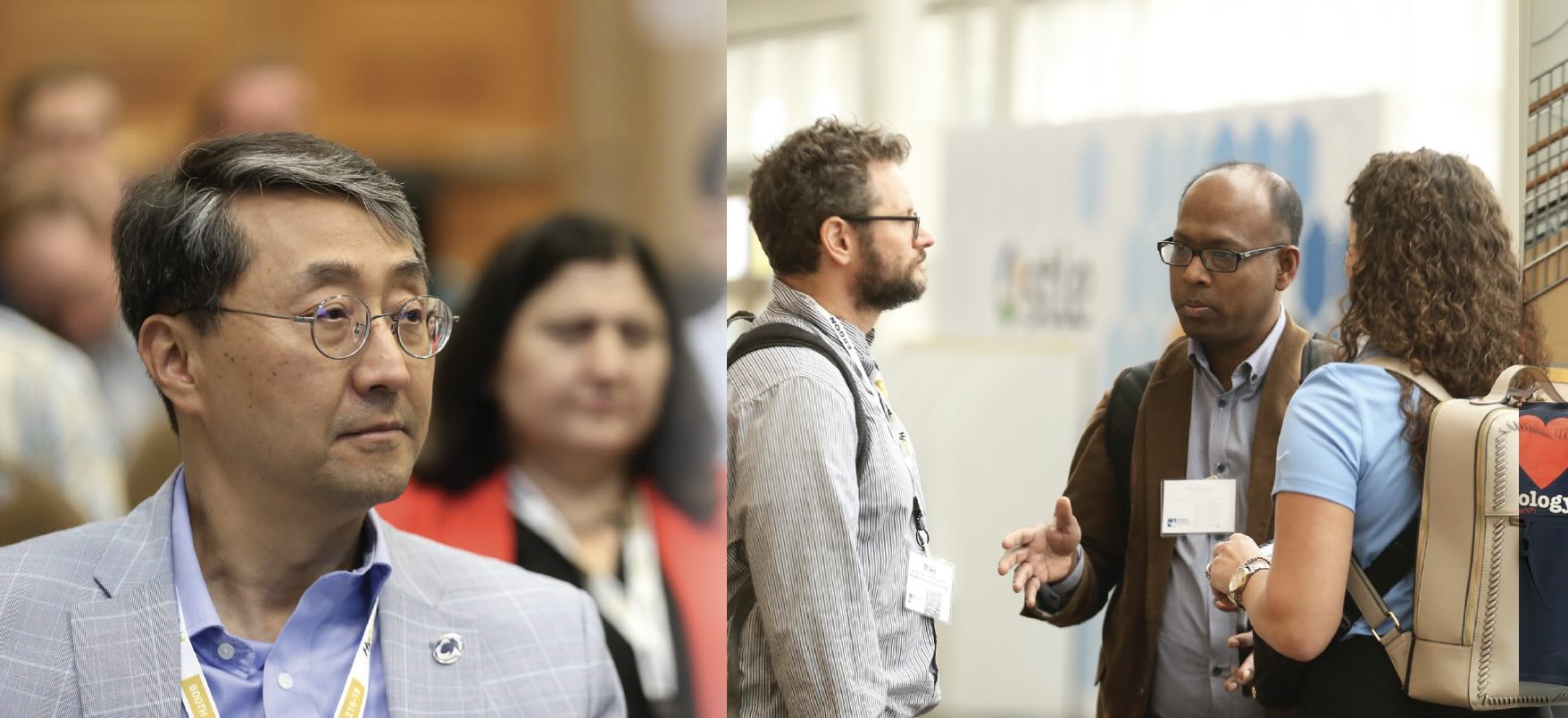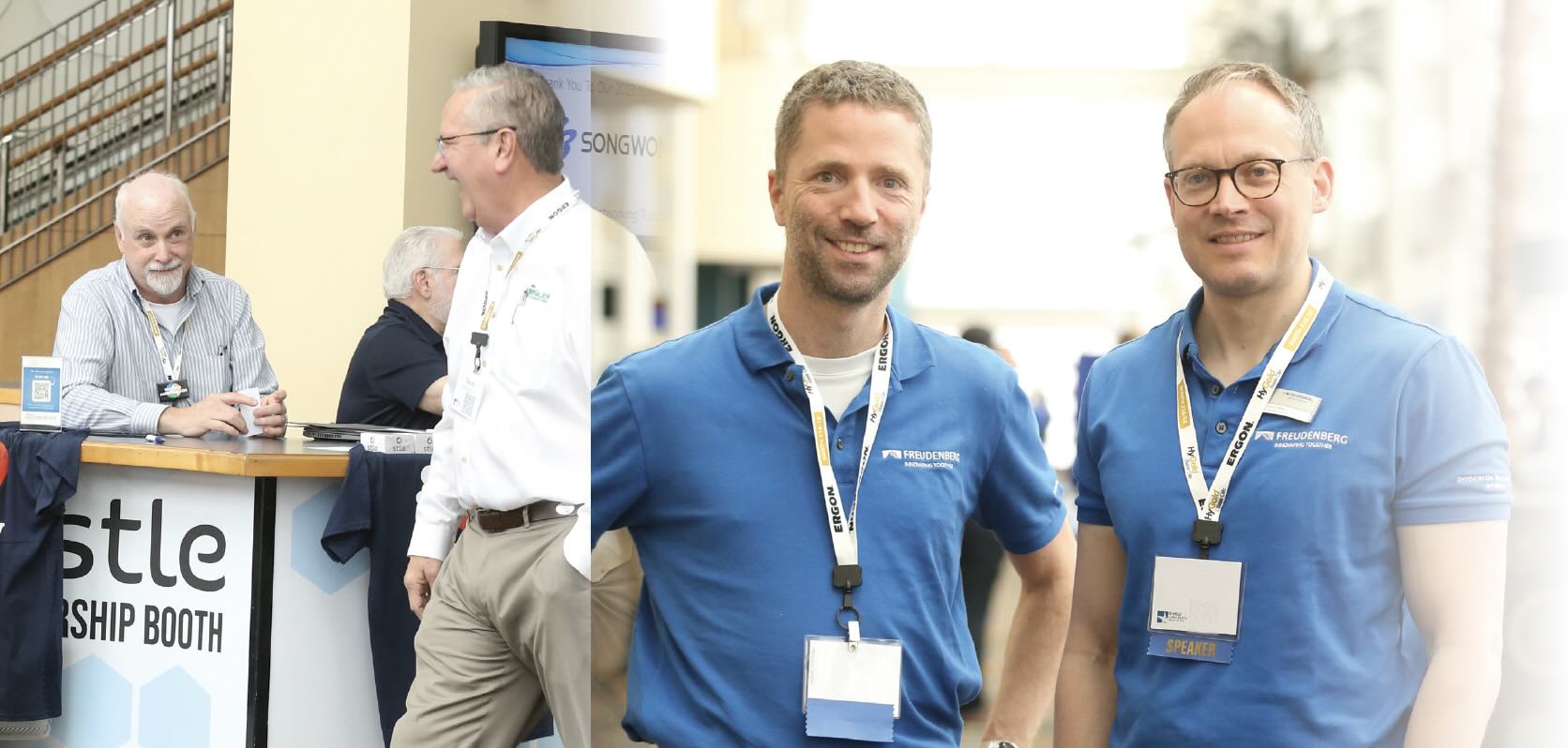To lead, or to lead
By Dr. Hong Liang, STLE President | TLT President's Report June 2024
What type of leader are you?


Really there is no other option but to lead, in your own style, to move our community forward. Since starting to serve as STLE president last May, I have been on the quest recognizing impacts of our society and discovering leadership potentials of our membership. We have discovered various leaders among all of you: innovators, visioners, game changers, problem solvers, committed managers, creative inventors and critical thinkers, technical committee members, local section organizers, lubrication scientists and OEM engineers, servant leaders and promotors, volunteers and delegators, scholarship donators and many more. Do you see yourself in one or some of those leadership traits?
This past year has become a year of celebration of our members’ achievements. It is a milestone for our society for its 80th anniversary. We published the inaugural issue of “STLE Women in Tribology and Lubrication: Perspectives from Leaders in the Field,” available at
www.stle.org/womenintribology. We interviewed 10 leading technical women who have achieved great heights in their profession. Their experiences and personal stories are inspiring. Those 10 individuals represent just a fraction of the many who have made significant contributions to lubrication and tribology. Their achievements underscore the importance of diversity and inclusion within STLE, as different perspectives and backgrounds often lead to innovative breakthroughs and advancements. STLE is a society of diversity, in technical areas, markets, people and cultural background and more.
Among STLE individual members, 24% are from academia and research laboratories worldwide. This is considered small and in the minority of the society’s graphical distribution. However, taking a look at the technical program of this year’s STLE Annual Meeting, among all submitted abstracts, excluding posters, around 85% of them come from academia and research labs. This shows that academia and labs are a small yet mighty group. STLE members are not just diverse but also a strong and competent bunch. Technical expertise is one of the core components of STLE. Technical competence is essential for our members to address the complex tribological challenges of friction, wear and lubrication in various industries. By fostering expertise in tribology and lubrication engineering, we contribute to improved efficiency, minimized emissions and environmental effects, machine performance, reliability and sustainability, benefiting society and extended communities as a whole. Technical competence is essential for driving innovation, ensuring quality and reliability, fostering global competitiveness, addressing challenges, facilitating cross-disciplinary collaboration and promoting education and training in lubrication and tribology. According to the 2023 STLE Report on Emerging Issues and Trends in Tribology and Lubrication Engineering, available at
www.stle.org/2023EmergingTrendsReport, our field faces challenges in six areas: supply chain, sustainability, electrification, manufacturing, medical and healthcare and regularity. Those challenges also are opportunities. For example, in the areas of sustainability, tribologists will have interesting problems to work on: clean water and sanitation, affordable and clean energy, industry/ innovation and infrastructure and responsible consumption and production.
We are in a time of unexpected challenges and exciting opportunities. STLE needs your volunteerism, leadership and willingness to lead to stay at the forefront of our fields. What is your action plan?
Dr. Hong Liang is Oscar S. Wyatt Jr. Professor of the J. Mike Walker ’66 Department of Mechanical Engineering at Texas A&M University in College Station, Texas. You can reach her at hliang@tamu.edu.